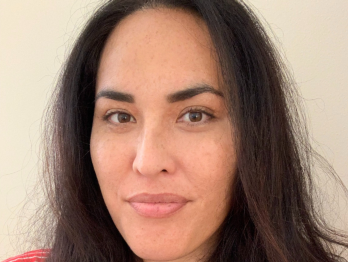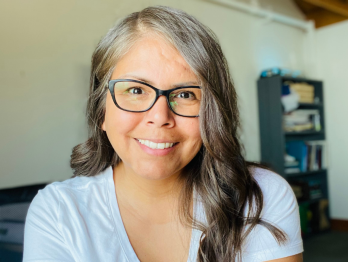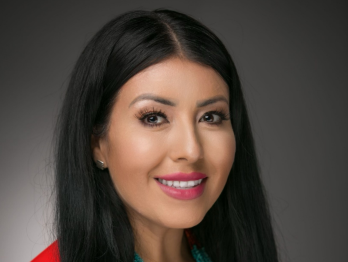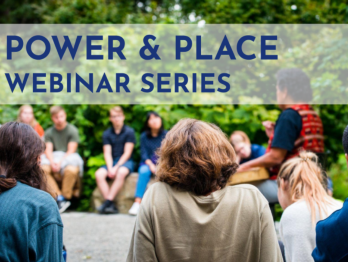
Synonymizing Student Development with Healing: Experiential Reflections of Indigenous Higher Education Leaders
Virtual Live Briefings Student Success Equity, Inclusion and Social Justice Indigenous Peoples Orientation, Transition and Retention
March 7, 2022 2:00 - 3:00 p.m. Eastern Time
This webinar provides an opportunity for student affairs professionals at different career stages to explore historical trauma’s prevalence on the participation of Indigenous student communities in higher education.
Presented By
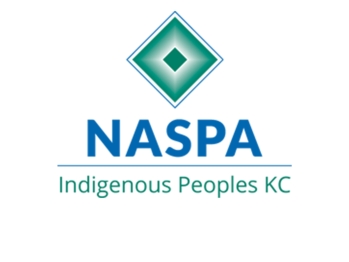
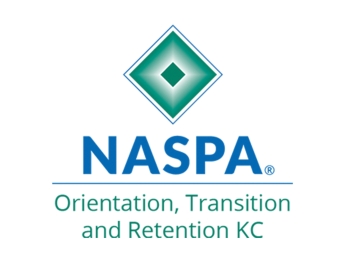
Description and Learning Outcomes
Canadian residential schools and United States boarding schools were fundamentally rooted in genocide. An outcome of these colonizing educational experiences is historical trauma. Historical trauma is the cumulative, multigenerational, collective experience of emotional and psychological injury in communities and descendants (Brave Heart, Elkins, Tafoya, Bird & Salvador, 2012). Furthermore, historical trauma engenders discontinuity in accurately understanding oneself, including history, culture, language, and cosmology. In this webinar, moderator J. Māhealani Quirk engages Indigenous higher education leaders on historical trauma’s prevalence on the participation of Indigenous higher education communities, broadly, and Indigenous college student development, specifically. The possibilities and potential tensions of advancing the pedagogical significance of healing within knowledge institutions are explored.
Learning Outcomes
- Participants will reflect on how higher education is perceived as an extension of organized violence toward Indigenous Peoples.
- Participants will understand the impacts of historical trauma on the holistic development and growth of Indigenous college students.
- Participants will consider the implications for creating interventions, rooted in culture and context, to support and sustain a genuine process of healing.
Presenters
About
This virtual webinar is the third in a three-part series leading up to the 2022 Power and Place Symposium. The webinar series is open and free and requires registration by visiting the links for each webinar. (Registration for the Power and Place Symposium is separate and must be completed at the NASPA Annual Conference website.)
- November 30, 2021, 2pm ET: Building Supports for First-generation Indigenous Students: Focus on TCU Practices
- January 25, 2022, 2pm ET: Understanding the Impact of Indigenous Education on Student Success
- March 7, 2022, 2pm ET: Synonymizing Student Development with Healing: Experiential Reflections of Indigenous Higher Education Leaders
